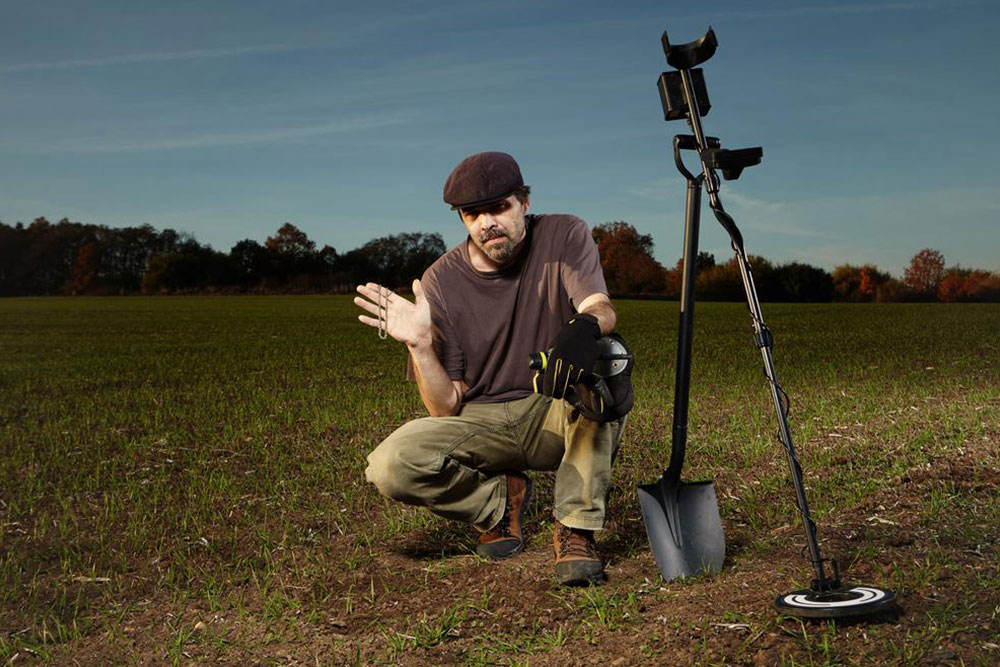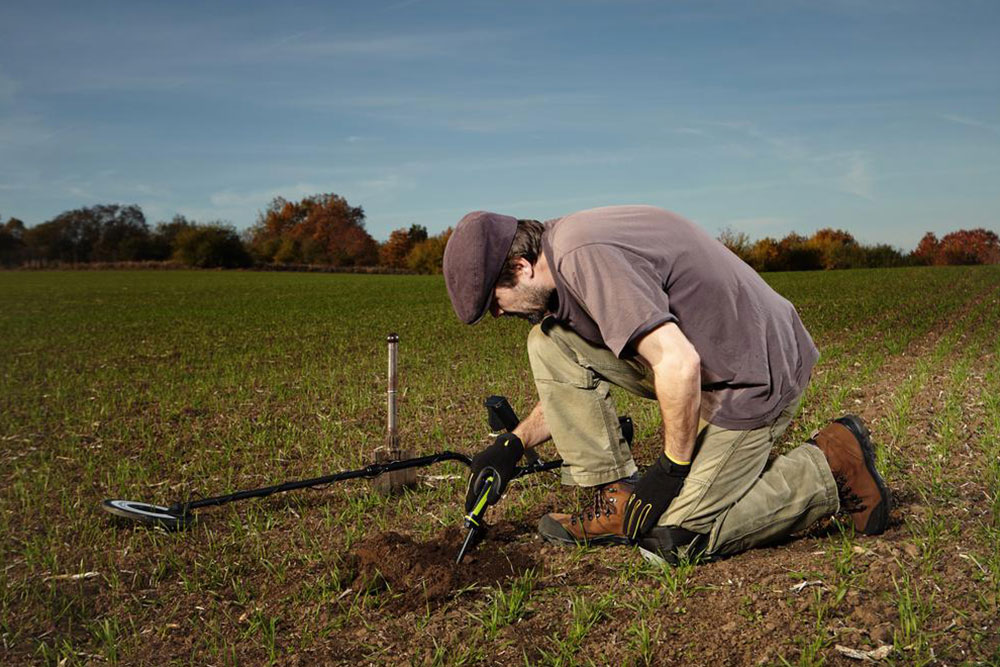Guide to Gold Hunting with Metal Detectors
Explore the essentials of using metal detectors for gold hunting, including how they work, ideal locations, and legal considerations. This comprehensive guide helps enthusiasts understand where to search and how to maximize their chances of discovering gold in mineral-rich areas and historical mining sites.

Guide to Gold Hunting with Metal Detectors
Looking to discover hidden gold in unused lands? All you need is a reliable metal detector.
Metal detectors operate based on electromagnetism. Each solid metal possesses unique electric and magnetic properties. These devices consist of two circuits: a transmitter circuit powered by a small battery and a receiver circuit. The transmitter sends an electrical current through a coil at the detector’s base, creating a magnetic field. When swept over the ground, if metal is nearby, the magnetic field induces a response in the metal object, which is then detected by the receiver circuit.
The detector's magnetic field alters the electromagnetic state of nearby metal objects. This shift is detected by the receiver circuit, signaling the presence of metal. Gold, which isn’t typically found in backyards, is usually present in small grains or larger nuggets. Historically, gold tends to be located in areas with previous mining activity, along riverbeds in placer deposits, or in regions with known gold production history. Proper research on regional geology, land ownership, and local laws is essential prior to searching. Owning land or having legal access increases chances of finding gold.
Note:
Our blog offers diverse, practical information based on research and industry data. However, articles are for informational purposes and should not be considered final. We’re not responsible for discrepancies or updates in data across platforms. Additionally, some special offers or schemes may be omitted, so always verify with local authorities or experts.








